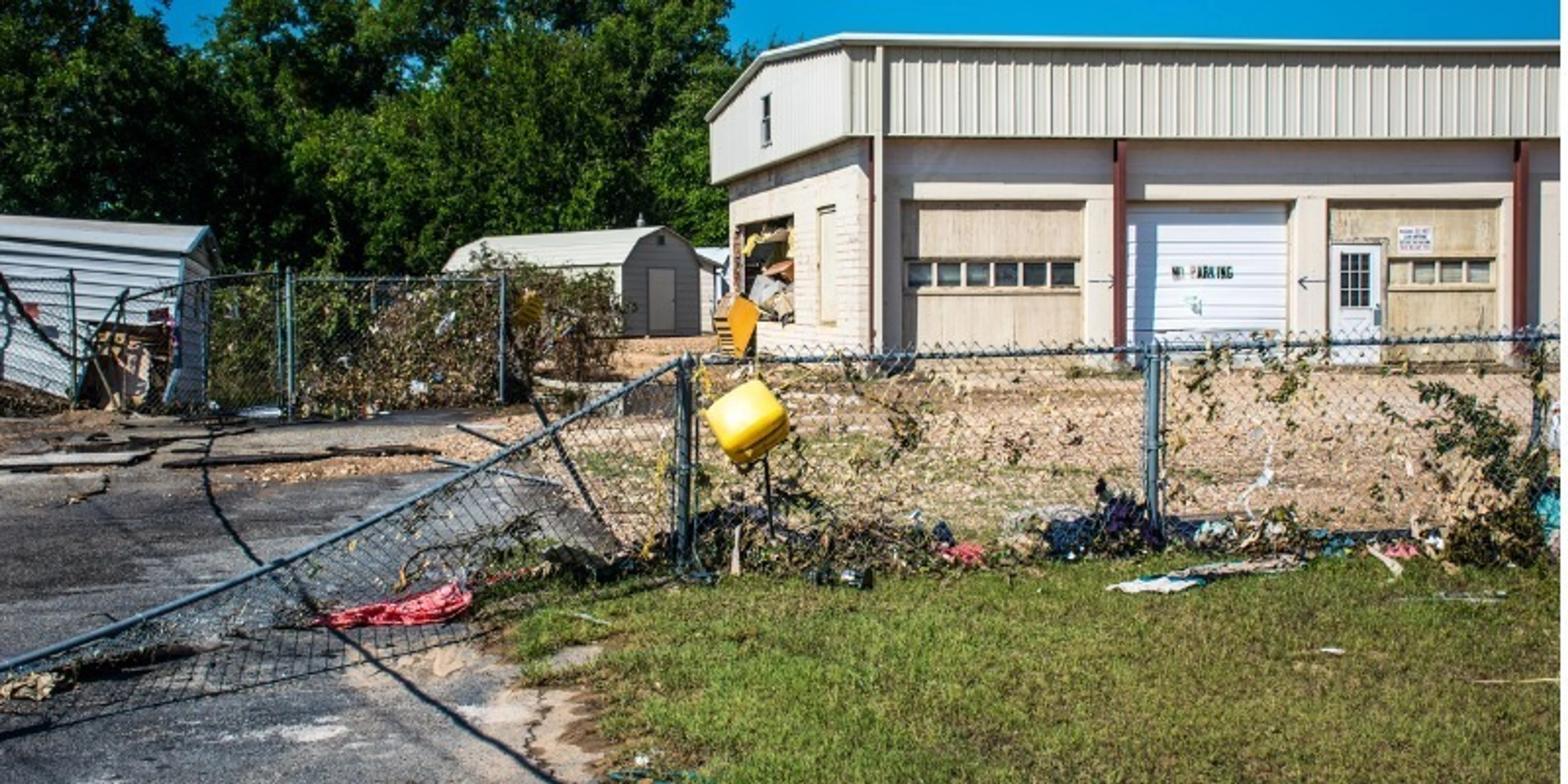
7 Disaster Planning Tips for Businesses in 2024
The U.S. continues to experience major disasters, including severe storms, tornadoes, wildfires and more. With hurricane season here, it is imperative to prepare your business in the event it is impacted by a storm – or any other natural disaster this year.
Consider these tips recommended by the IRS and Doeren Mayhew’s business tax advisors to help reduce your stress in the event you need to file claims or rebuild in the wake of a catastrophe.
1. Secure Key Documents and Make Copies
Important original documents such as tax returns, deeds, titles and insurance policies should be placed in a secure area or a waterproof container. You can also make duplicates of these items and store them with a trusted individual outside of the office. The IRS suggests storing scanned documents on a flash drive for easy access wherever you go.
2. Document Valuables and Business Equipment
Taking photos or videos of the contents of your office, especially pricier items, can be beneficial when claiming insurance and tax benefits after a disaster strikes. Photos help to prove the fair market value of items for insurance and casualty loss claims alike. The IRS has disaster-loss workbooks for individuals and businesses to help compile a room-by-room inventory of belongings.
3. Reconstruct Records
In the unfortunate event your business’s building falls victim to a natural disaster and loses some or all of its records, it is important to replace them to your best ability for tax purposes, insurance reimbursement and/or federal assistance. The better the loss is estimated, the more loan and grant money may be available. Visit the IRS’ Reconstructing Records page for more information on steps to take when replacing key documentation.
4. Check on Fiduciary Bonds
Employers leveraging payroll services should ask their providers if they have a fiduciary bond in place – the bond could safeguard the employer in the event of default by their provider.
5. Minimize Data Loss and Downtime
A disaster has the potential to damage your critical business systems, so backing up your data regularly to an off-site location will greatly decrease your chances of data loss. Doeren Mayhew’s IT Advisory and Security Group advises businesses to create their own regular backup schedules and become familiar with restoring those backups in the event of an emergency. To best minimize service interruptions, backup servers for critical applications can be leveraged for a seamless transition in the event technology is affected by a disaster. Don’t forget to test the backups regularly!
6. Continuity of Operations Planning for Businesses
Your company’s ability to bounce back after a disaster depends on the emergency planning done today. As your business evolves, so should your preparedness needs. Therefore, review your emergency plans annually to ensure you have the correct amount of coverage. The IRS suggests the following preparedness strategies common to all disasters:
- Get informed about hazards and emergencies and learn what to do for specific hazards.
- Develop an emergency plan.
- Learn where to seek shelter from all types of hazards.
- Back up your computer data systems regularly.
- Decide how you will communicate with employees, customers and others.
- Use cell phones, walkie-talkies or other devices that do not rely on electricity as a backup to your telecommunications system.
- Collect and assemble a disaster supplies kit, which should include a portable generator.
- Identify the community warning systems and evacuation routes.
- Include required information from community and school plans.
- Practice and maintain your plan.
7. Take Advantage of Paperless Recordkeeping for Financial and Tax Records
Many businesses receive their bank statements and other important documents via email, which can be a secure way to obtain financial records. Tax records like employee W-2s and tax returns can easily be scanned into an electronic file, so taking the time to transfer these could be beneficial in the long run in the event of a disaster.
Your Disaster Planning Partner
If your business is impacted by a natural disaster, Doeren Mayhew is here to help. Our team of advisors offers support in disaster preparedness, including helping you evaluate your unique needs, identifying risks, taking advantage of tax relief as it becomes available and reviewing your current plans to ensure your business is covered.


